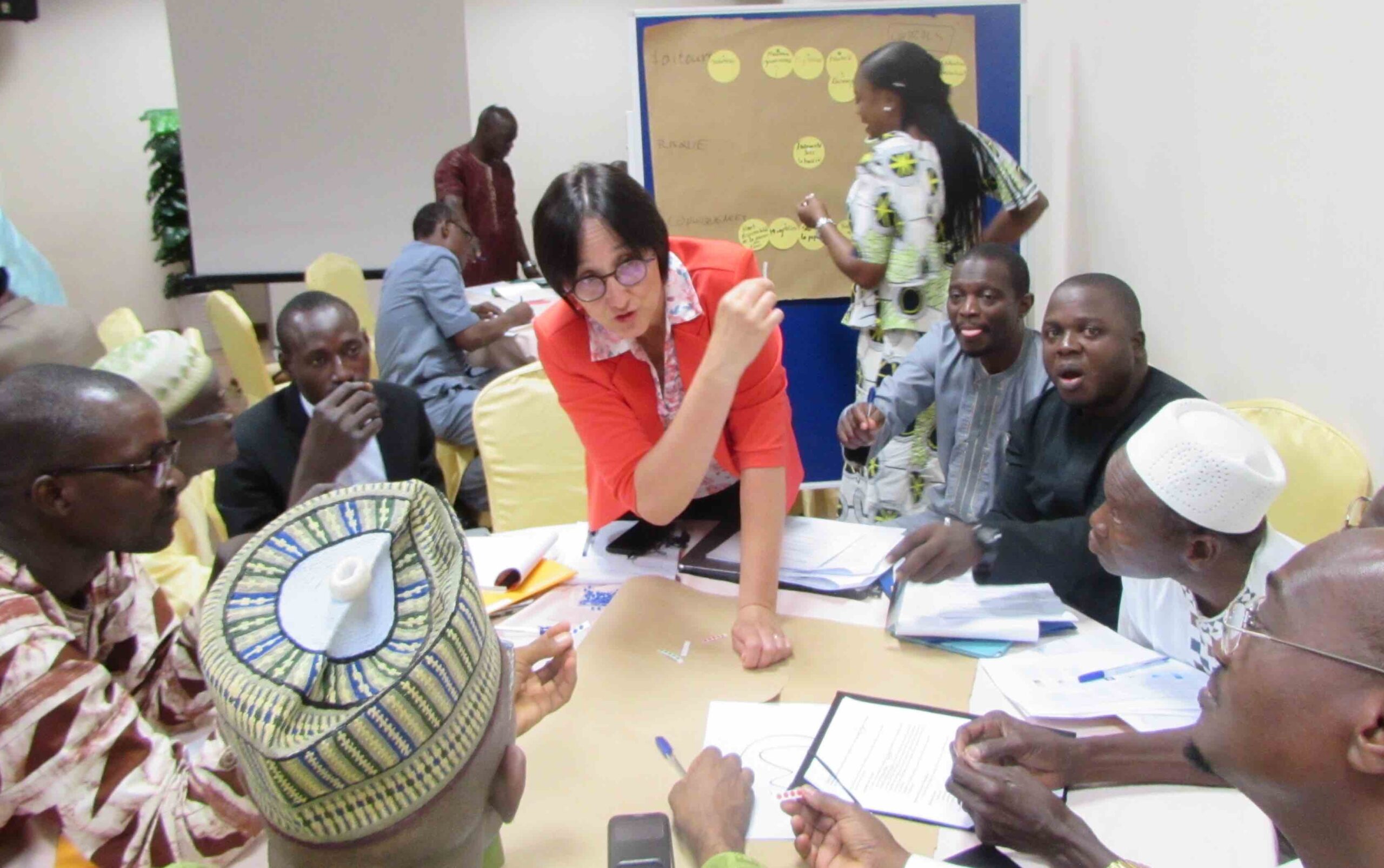According to the United Nations, “tackling some of the greatest challenges of the Agenda for Sustainable Development—from improving health to combating climate change—will rely on harnessing all talent. That means getting more women working in these fields. Diversity in research expands the pool of talented researchers, bringing in fresh perspectives, talent and creativity.” The International Day of Women and Girls in Science (IDWGS, February 11), is a reminder that “women and girls play a critical role in science and technology communities and that their participation should be strengthened.”
With women accounting for more than half of all IFPRI staff, we are constantly inspired by their talent and creativity. This year, the IDWGS theme is “Women in Science Leadership: A New Era for Sustainability.” To explore the topic, we spoke with Claudia Ringler, Director of IFPRI’s Natural Resources and Resilience Unit, about her journey in science leadership, the challenges she faced, and what helped her to overcome them.
How has your journey in science leadership unfolded, and what inspired you to take on leadership roles in your field?
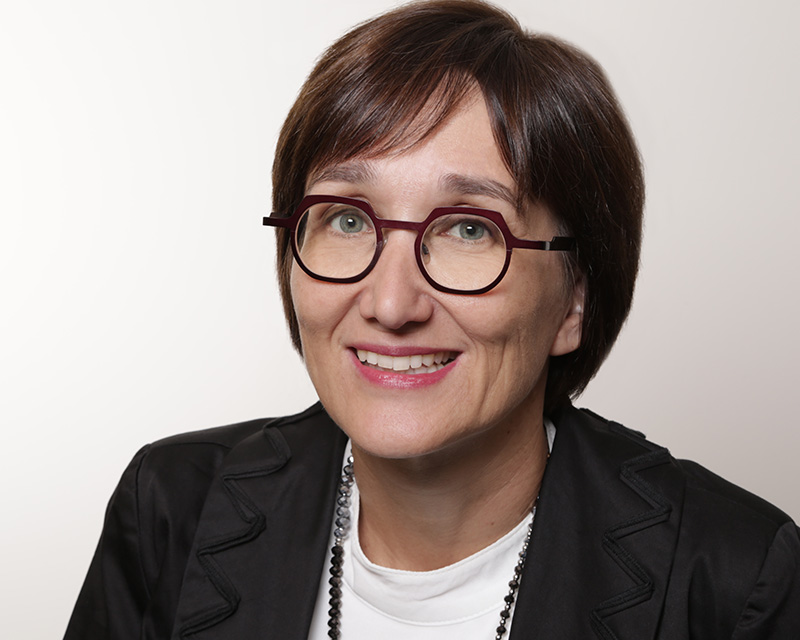
Claudia Ringler
CR: I come from a small village in southern Germany. When I was young my main goal was to leave the rural setting and see the world. I had the opportunity to do so by participating in school and then university exchanges with various countries, as well as travel opportunities, and I knew that I wanted a career that would allow me to live and work anywhere on the globe. To do this, I started with a degree in business management. However, I felt early on that this career path lacked a greater meaning. I therefore added a master’s degree in development economics. At that point I made my third realization (and last degree addition): The best way to support poor and food-insecure populations was to focus right back on rural geographies and agriculture, areas that I had originally tried to escape! The combination of degrees in business management, development economics and agricultural economics, and strong support from my family (my father’s advice was: “do whatever makes you happy”) as well as many superb mentors along the way were a natural conduit to the leadership position that I have today at the International Food Policy Research Institute (IFPRI).
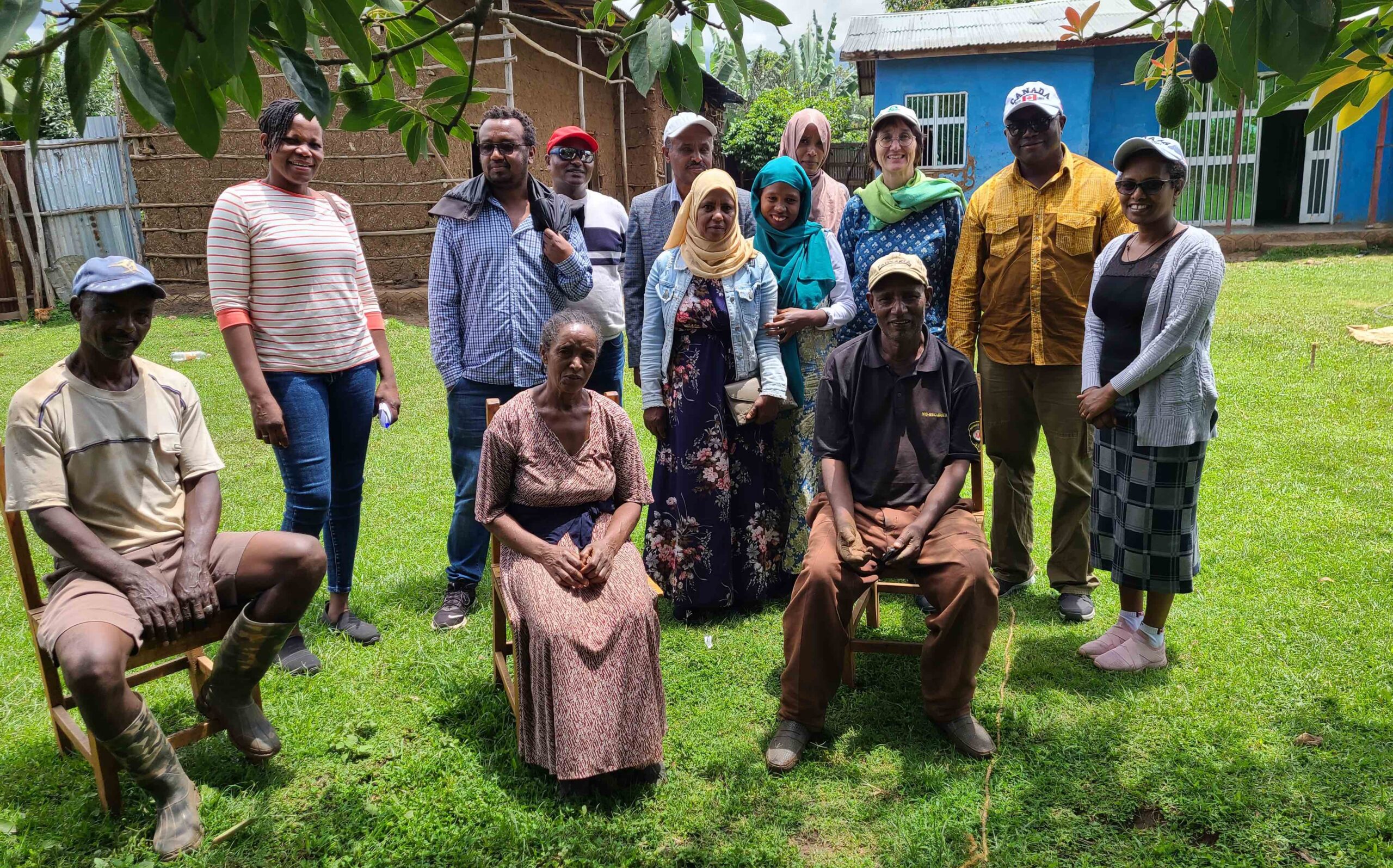
IFPRI
Claudia Ringler with participants in key informant interviews on groundwater governance in rural Ethiopia.
Could you share some of the challenges you’ve faced as a woman in science leadership, and what accomplishments or triumphs are you most proud of in your leadership role?
One of the key challenges that I—and probably many women—have felt is how to combine being a mother and a spouse with a very demanding job at IFPRI, without feeling guilty of neglecting one or the other. I believe that hardly any colleague with family—no matter their gender—can be very effective without a spouse, a partner, or other support network, including the IFPRI network. So, there are all these invisible “other halves” at home, at IFPRI and elsewhere in CGIAR who should be celebrated a lot more than they get credit for.
And while the number of women in agricultural sciences has been increasing, as a woman leader, it has sometimes been difficult to make one’s voice heard. Not that that would have kept me quiet. Women in leadership positions in CGIAR have also built alliances and coalitions, that have helped elevate their voices, applying and living some of our own research findings on gender equality and women’s empowerment.
My greatest pride has been seeing young researchers that I have had the privilege to mentor over the years—hoping to give back some of the mentorship that I have received—grow into various leadership positions themselves. Every engagement with younger colleagues has made me a better researcher, a better leader, and a better human being.
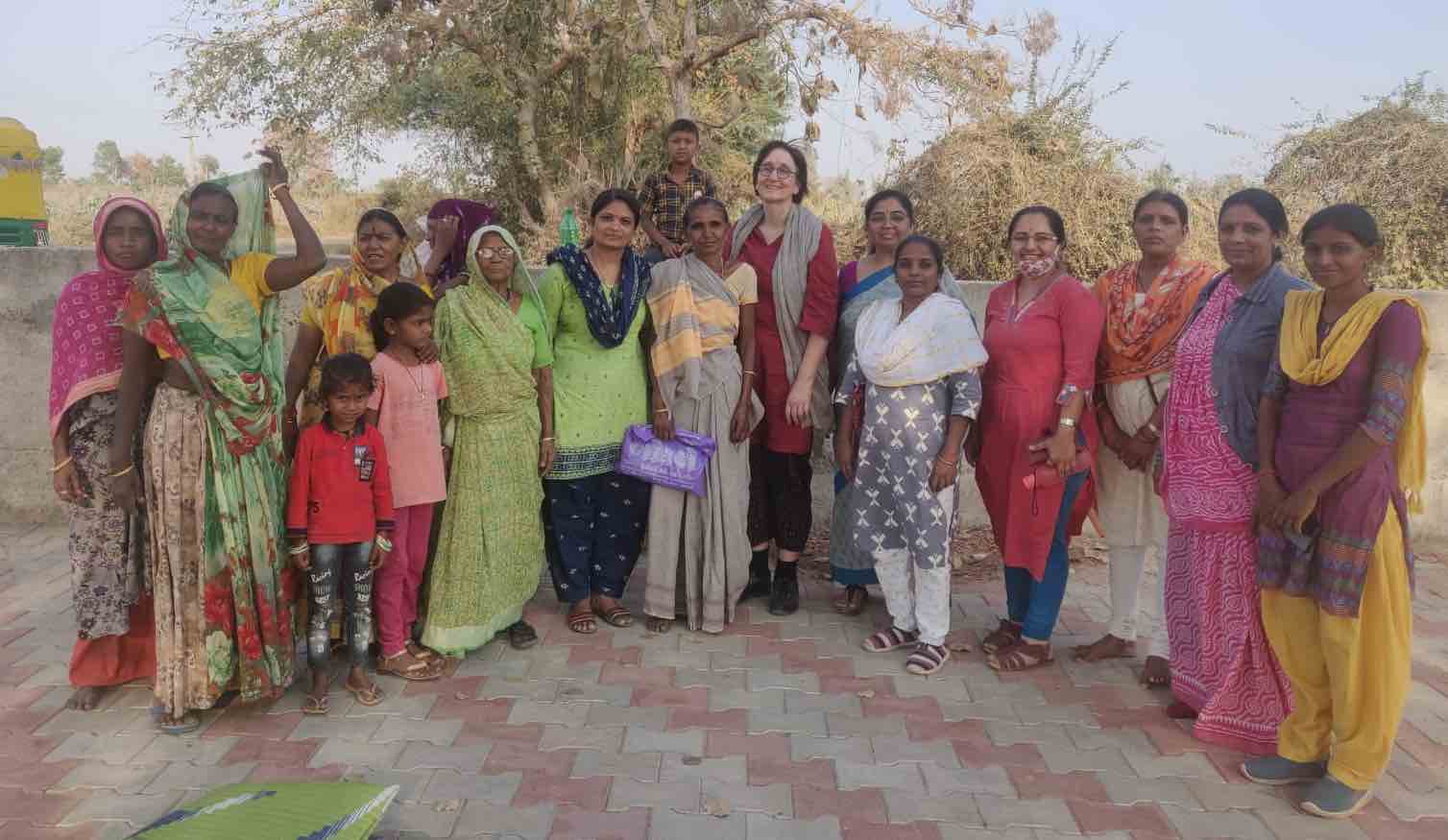
IFPRI
On a field visit with a women’s handpump repair group supported by the Self Employed Women’s Association in Gujarat, India.
In what ways do you believe women in science leadership contribute to advancing sustainability initiatives, and what role do you see for science in addressing global sustainability challenges?
A better representation of women, of younger people, as well as more geographically diverse representation in leadership positions, including in science leadership in CGIAR is more reflective of our population at large, and this helps generate better science and policy that supports all of society. More diverse leadership, with stronger inclusion of women, has also been shown to be more effective in the pursuit of longer-term, sustainability-focused goals. The 2022 Global Food 50/50 report, a collaboration between Global Health 50/50, IFPRI, and UN Women, finds that the boards of major global food organizations remain dominated by men from the Global North, negatively affecting food systems’ productivity and sustainability. It is important for food systems organizations to not only study the benefits of equity and inclusion but also embody the findings of this research.
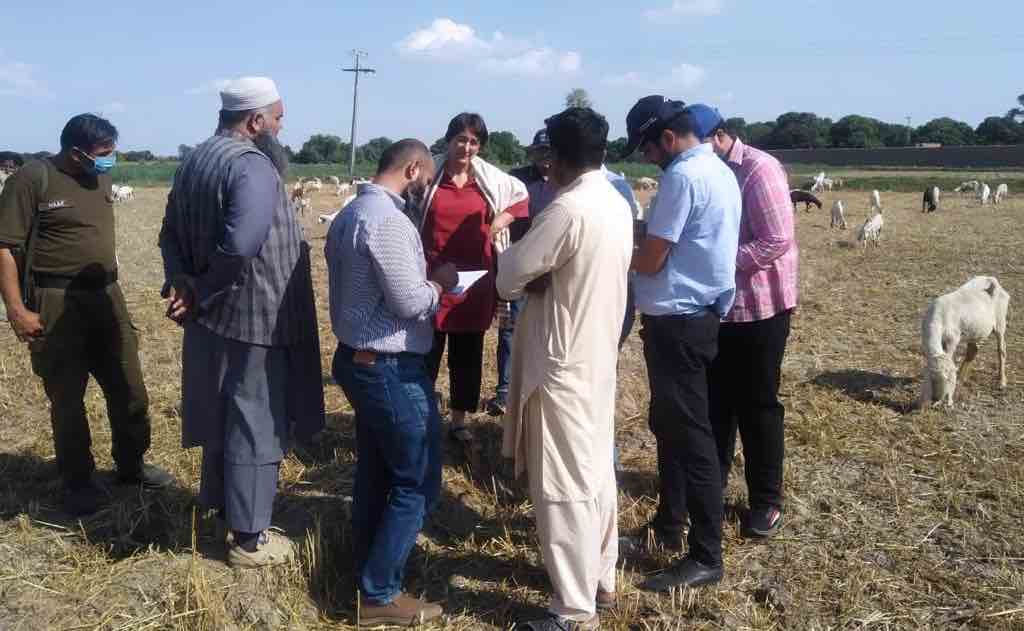
IFPRI
On a field visit on irrigation in Punjab, Pakistan.
The importance of mentorship is widely acknowledged. What role has mentorship played in your career, and how can we encourage more mentorship opportunities for women aspiring to leadership positions in science?
Mentorship is essential for every researcher, but particularly for women researchers, because most managing roles in science and research leadership continue to be held by men. I have had a long list of mentors at IFPRI, starting with day 1 on the job. And I know that I would not have stayed at the Institute for so long and wouldn’t have achieved what I’ve achieved without this support.
While I have had many incredible mentors over the years, mentorship just prior and during my first year at IFPRI—and I am talking about 1996 here—has been most important. When I was graduating, Bob Evenson, my professor at Yale University, suggested that I look into IFPRI, which at that point was an abstract acronym to me. Within six months of my starting as a research assistant in the Environment and Production Technology Division at IFPRI, its director and my direct boss, Mark Rosegrant, suggested that I needed a PhD if I wanted to stay. And not only that, he also connected me to an excellent supervisor—Joachim von Braun, who at that time was a Professor at Kiel University in Germany, but had many earlier and later linkages with the institute, including as Director General. At the same time, Ruth Meinzen-Dick, one of the first woman PhDs at the Institute and now the longest-serving woman researcher at IFPRI, skilled me in the art of moving up and about in an institute that back then had few but very strong women researchers. My lived experience and lesson learned from those early days at IFPRI is that investment in mentorship at the earliest possible stage is essential. If we fail to do this, we can easily miss out on developing important and impactful research and management talent.
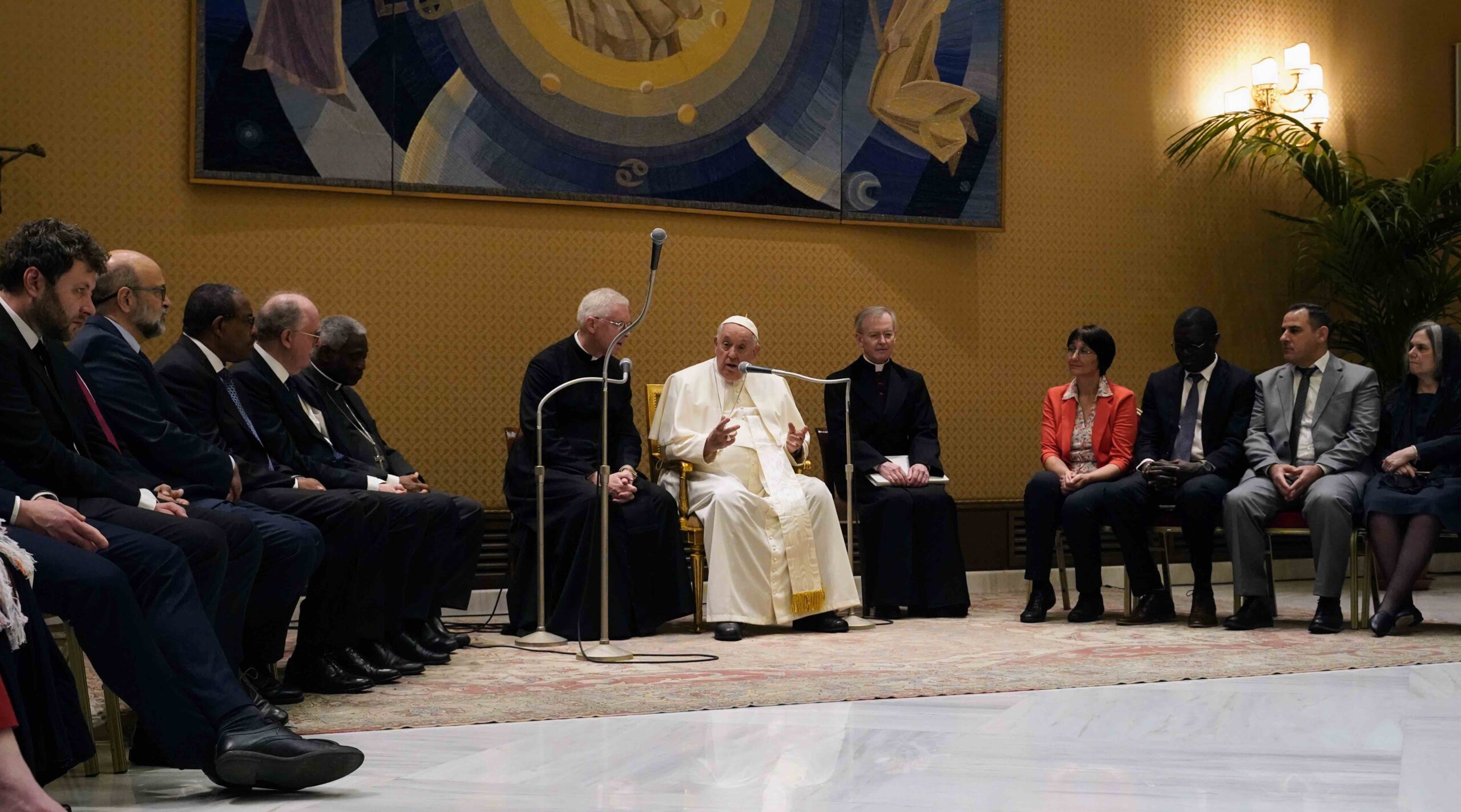
IFPRI
With the Pope and participants in the May 2023 Vatican Workshop on Food and Humanitarian Crises.
CGIAR has been taking concerted efforts to invest in leadership courses targeted at women researchers. These investments have paid off—not only have these courses trained women scientists at CGIAR research centers, including myself, to explain, defend, and strengthen their voice and positions—they have also served as starting points of enduring cross-center friendships and alliances.
What advice would you give to young women and girls aspiring to pursue a career in science and research and eventually take on leadership roles for a more sustainable future?
Dream big, take risks, and ask yourself whether you would regret not having tried. Be open to advice, new insights, cultures, and countries. Be in it for a long run. Don’t be afraid to look for support, and, of course, follow my father’s advice: “do whatever makes you happy.”




